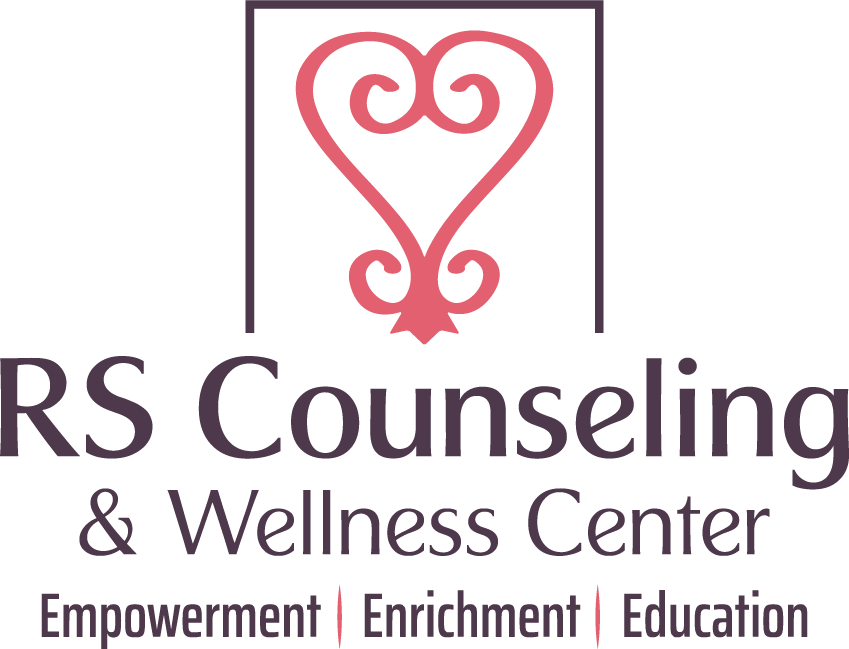Pride, Power, and Presence: Celebrating Pride in the Black Mental Health Community

By: Alexis Fredrick-Bouy
Pride, Power, and Presence: Celebrating Pride in the Black Mental Health Community
June marks Pride Month, a time of celebration, reflection, and visibility for LGBTQIA+ communities across the globe. For Black mental health professionals, Pride is more than parades and rainbows; it is a powerful opportunity to affirm and uplift the intersections of race, gender, and sexuality in our personal and professional lives. In a field historically shaped by Eurocentric standards and heteronormative frameworks, it’s vital that we center the experiences of Black LGBTQIA+ individuals and cultivate a mental health culture that honors all parts of their identities.
This blog is written especially for BIPOC mental health professionals who want to deepen their awareness, broaden their cultural competency, and engage in healing-centered work. Whether you identify as part of the LGBTQIA+ community or are a passionate ally, understanding the nuance and resilience that exists at the intersection of Blackness and queerness is essential to providing ethical, affirming, and transformative care.
Why Pride Matters in Black Mental Health
For many Black LGBTQIA+ individuals, Pride is more than a celebration, it's a declaration of survival and self-love. Black queer and trans people face unique stressors at the intersection of racism, homophobia, transphobia, and systemic inequities. According to The Trevor Project, Black LGBTQIA+ youth are significantly more likely to experience homelessness, family rejection, and mental health challenges. Yet, they are also more likely to face stigma and bias in mental health care settings.
As clinicians, educators, case managers, and advocates, BIPOC mental health professionals must work to dismantle these systemic barriers. Pride month offers us a time to reflect on how we can make space for joy, healing, and empowerment in our clinical work, especially for those who hold marginalized sexual and gender identities within the Black community.
Centering Intersectionality in Clinical Practice
The framework of intersectionality(first coined by scholar Kimberlé Crenshaw) helps us understand how overlapping identities create unique experiences of oppression and resilience. A Black trans woman navigating depression, for example, may face compounded microaggressions in therapy that ignore either her racial identity or gender experience.
When we center intersectionality in our clinical work, we go beyond basic cultural competency. We validate and affirm lived experiences that are often silenced or pathologized. This looks like:
-
Using inclusive intake forms that reflect diverse gender identities and relationship structures
-
Practicing cultural humility when exploring clients’ family dynamics, spirituality, and community supports
-
Challenging internalized biases and heteronormative assumptions in supervision and peer consultation
-
Recognizing and addressing the racial trauma and queerphobia that clients may face within their families and communities
We must ask ourselves: How do we ensure our practices are not just trauma-informed but liberation-focused?
Pride as a Time of Collective Healing
As BIPOC professionals, many of us carry our own histories of marginalization. Pride month can be both affirming and activating, especially if we have unresolved wounds related to our own identities or those of our clients. The truth is, systemic oppression impacts us too, not just the people we serve.
That’s why collective healing is essential.
Pride can serve as an invitation to engage in reflective practice, to tend to our own emotional labor, and to build community with colleagues who share our values. Peer support, affinity spaces, and professional development rooted in anti-oppression are critical for sustaining our work and our well-being.
This month, we challenge you to find a moment of pride in your own growth. Whether you’re a seasoned therapist or a student still finding your voice, your presence in this field matters. You are helping to reshape the mental health landscape for Black LGBTQIA+ clients just by showing up with authenticity and care.
Moving Forward with Pride
Pride isn’t just a month. It’s a mindset, a movement, and a mirror. It asks us to see the full humanity of our clients and ourselves. As BIPOC professionals, we have a unique vantage point and an immense responsibility. We know the sting of exclusion and the power of representation. We know the importance of language, of legacy, and of love.
Let’s uplift the voices of our clients who trust us with their stories. And let’s commit to a mental health field that celebrates all of who we are, because pride is not a luxury. It’s a necessity.
Join the movement. Grow your skills. Reimagine your practice.
